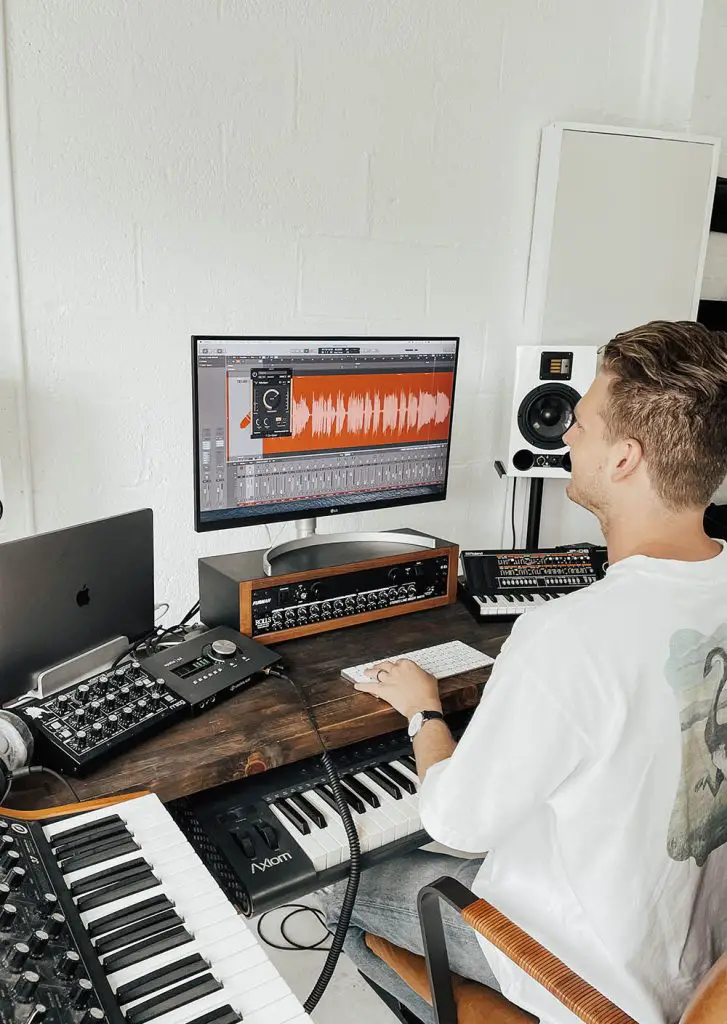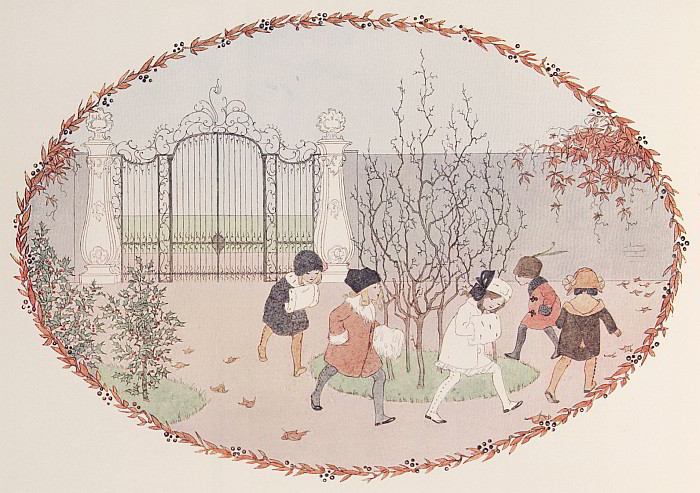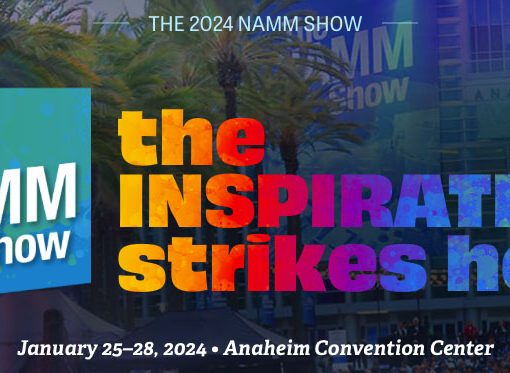You can hardly fail to have noticed the speed with which artificial intelligence (AI) tools have arrived on the scene and are now talked about, used and exploited in many areas of society and subject areas.
Whether you think AI is a good or bad thing, and to what degree and how much it should be used in any sphere of influence, it is very unlikely to go away.
Governments may legislate, big companies may make lots of money selling things developed and created using it, but it is firmly here to stay. Science fiction is becoming closer to science fact on a daily basis.
But we’re here to talk about music making, and whether AI has a place in it.
The short answer is “yes”, because it is already being used by professionals and amateurs alike in many aspects of (particularly) computer-based/enhanced music composition, scoring, production, publication, and more.
Here we take a look at what the future of computer-powered musicianship might look like. It’s then up to you whether you’ll embrace it, and by how much, or stick to traditional methods, and what the potential risks of doing either might be.
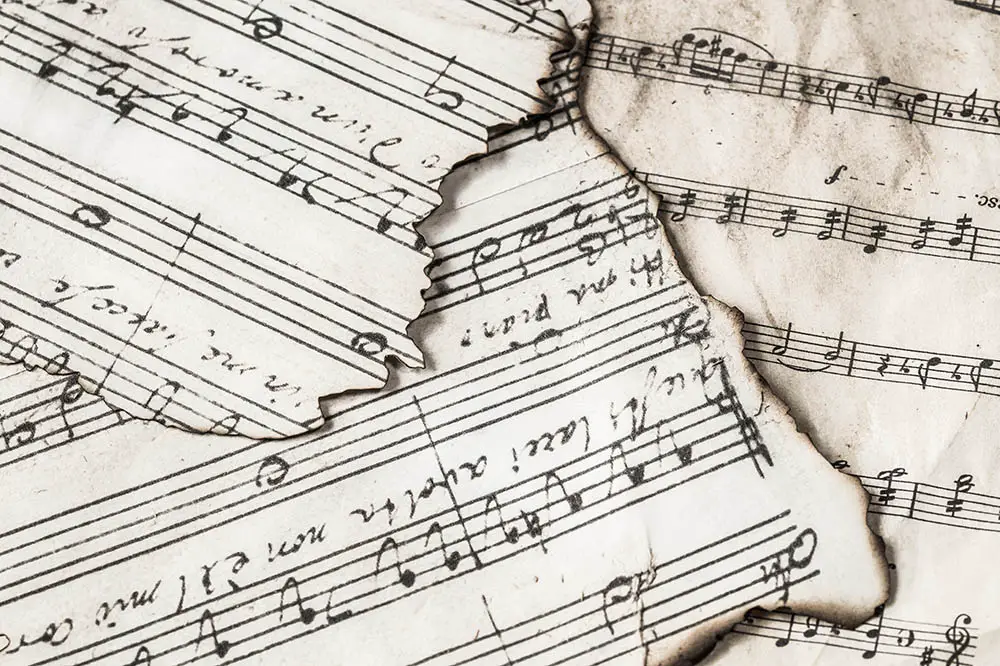
What is the future of computer based music making?
AI is likely to play an increasingly important role in all aspects of technology used in the field of music.
AI algorithms can already help musicians generate melodies, harmonies, and even entire compositions. As the technology improves, we may see AI used more extensively in the music-making process, perhaps even replacing certain aspects of traditional music production.
Should musicians use AI tools?
The use of AI in music production is a personal choice and ultimately depends on the goals and preferences of the individual musician. Some musicians may find AI tools helpful in generating new ideas or expanding their creative possibilities, while others may prefer to rely on their own skills and instincts.
One potential benefit of using AI in music production is that it can help save time and reduce the amount of tedious work involved in certain tasks, such as generating chord progressions or arranging tracks. This can allow musicians to focus on more creative aspects of music-making, such as melody and sound design.
However, it is important to note that the use of AI in music production is still a relatively new and evolving field, and there are some potential downsides to consider as well. For example, some critics argue that the use of AI in music production could lead to a loss of creativity or originality, as the algorithms may be based on pre-existing patterns and styles.
Ultimately, the decision of whether to use AI in music production should be based on the individual musician’s goals, preferences, and ethics. It is important to carefully consider the potential benefits and drawbacks before incorporating AI tools into one’s creative process.
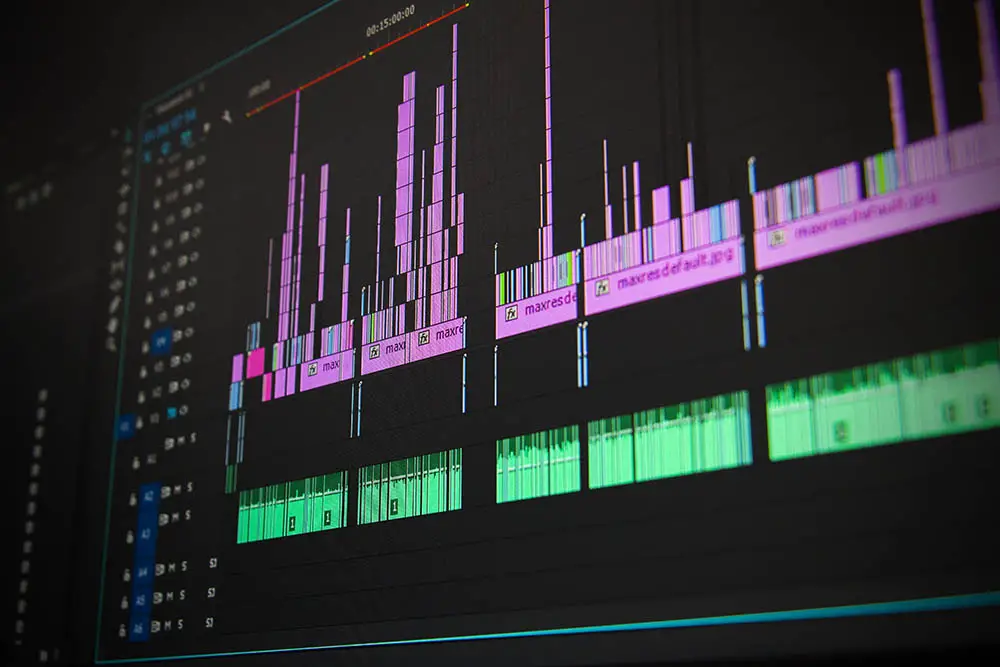
How can musicians benefit from AI?
There are several ways that musicians can use AI to their benefit in music production:
- Idea generation: AI tools can be used to generate new musical ideas, such as melodies, chord progressions, and even entire compositions. This can help musicians who are experiencing creative blocks or who want to explore new musical styles.
- Arrangement and production: AI can be used to help with the arrangement and production of tracks, such as automatically balancing levels, applying EQ and compression, and suggesting instrumentation.
- Sound design: AI can assist in creating unique sounds and textures for use in music production, such as generating new synthesizer patches or manipulating audio samples.
- Analysis and optimization: AI can be used to analyze and optimize music production, such as identifying and removing unwanted noise or distortion, and suggesting improvements to the overall mix.
- Performance and live production: AI can also be used in performance and live production settings, such as assisting with live looping, generating visuals, and even responding to audience feedback in real-time.
Overall, the key benefit of using AI in music production is that it can help musicians to be more efficient and productive, freeing up time for creativity and experimentation. However, it is important to remember that AI tools are only a tool, and that musicians should always strive to maintain their own creativity and originality in their music-making process.
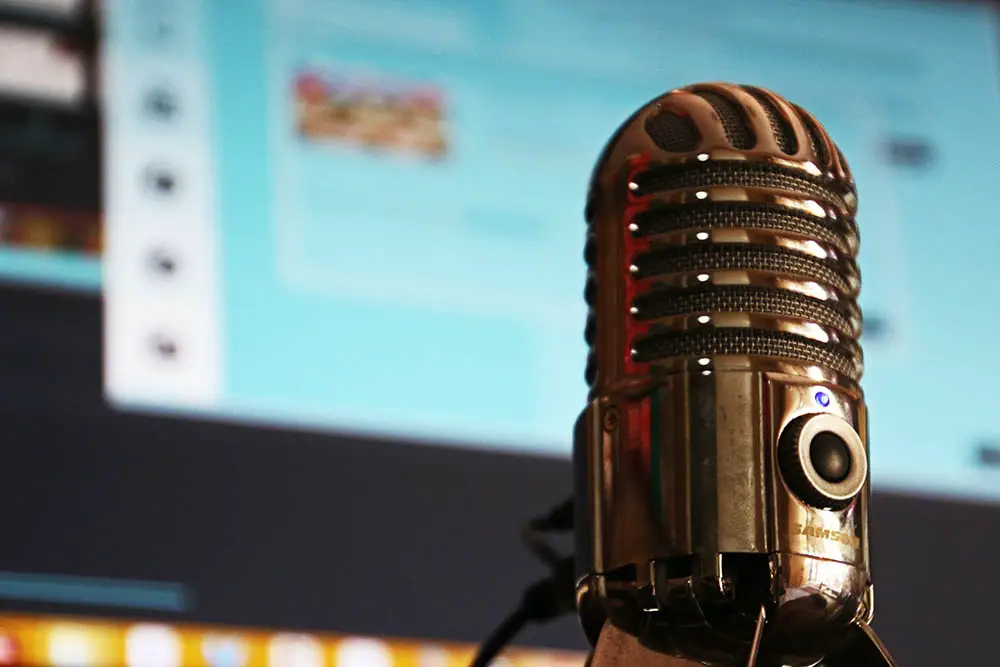
What are the disadvantages of using AI?
Several potential disadvantages to consider about using AI in music making include:
- Loss of creativity and originality: Some critics argue that the use of AI in music production could lead to a loss of creativity or originality, as the algorithms may be based on pre-existing patterns and styles. This could result in music that lacks a unique and personal touch.
- Over-reliance on technology: If musicians become too reliant on AI tools, they may become less skilled in traditional music production techniques, such as arranging, mixing, and mastering. This could limit their ability to work on projects without access to AI tools.
- Technical issues: As with any technology, there is always the risk of technical issues or malfunctions. If AI tools are not properly maintained or configured, they could potentially cause errors or produce inaccurate results.
- Ethical concerns: There are also ethical concerns to consider with the use of AI in music production, such as issues around intellectual property, data privacy, and potential bias in algorithmic decision-making.
- Cost: Some AI tools can be quite expensive, which may make them inaccessible to some musicians who cannot afford them.
Overall, while AI can offer many benefits to musicians, it is important to carefully consider the potential drawbacks and to use these tools in a responsible and informed manner.
Can you tell if a musician has used AI?
It can be difficult to tell if a musician has used AI in their music production, as AI tools are designed to seamlessly integrate with traditional music production techniques. However, there are a few potential signs to look out for:
- Unusual or complex patterns: AI algorithms are often used to generate complex musical patterns or arrangements that might be difficult or time-consuming for a human musician to create on their own.
- Repetition: Because AI algorithms often rely on pre-existing patterns and styles, you may notice repeated motifs or patterns throughout the music that are similar to other music produced using the same AI tools.
- Unnatural sounds: Some AI-generated sounds may sound unusual or unnatural, as the algorithms may not always produce sounds that are completely consistent with traditional music production techniques.
- Rapid production: If a musician produces a large amount of high-quality music in a short period of time, it may be an indication that they are using AI tools to assist with their music production.
However, it is important to note that none of these signs are definitive proof that AI has been used in the music production process. The only way to know for sure would be to ask the musician directly. Additionally, the use of AI in music production is not necessarily a negative thing – many musicians use AI tools to enhance their creativity and productivity, and the use of these tools does not necessarily diminish the quality or originality of the music produced.
Why are some AI tools so expensive?
There are several reasons why some AI tools can be expensive:
- Research and development costs: Developing AI tools requires a significant amount of research and development, which can be expensive. Companies that create AI tools may need to hire specialized experts in machine learning and data science, as well as invest in hardware and software infrastructure.
- Complexity and customization: Some AI tools may be more complex and difficult to develop than others, which can drive up the cost. Additionally, some AI tools may need to be customized or tailored to specific use cases, which can require additional development time and resources.
- Licensing and royalties: Some AI tools may be licensed from third-party developers or may require the payment of royalties for the use of certain algorithms or data sets. This can add to the overall cost of the AI tool.
- Value proposition: Some AI tools may be priced based on the value they offer to the user. For example, if an AI tool can significantly improve productivity or creative output, the developers may price it at a premium to reflect this value.
- Market demand: Finally, the price of AI tools may also be influenced by market demand. If there is high demand for a particular tool, developers may be able to price it at a premium in order to maximize profits.
Overall, the cost of AI tools can be influenced by a variety of factors, including research and development costs, complexity and customization, licensing and royalties, value proposition, and market demand.
Conclusion
The choice of whether to use AI, or how much, ultimately rests with individual musicians. There are many ways to utilise AI without losing control of the entire creative process, at various stages of the musical journey.
Using AI tools for repetitive, tedious tasks may ultimately be cheaper and more accurate than doing it manually or hiring someone else to do it manually. Investing in AI tools may be financially expensive and there could be an additional learning curve in getting the tools to do exactly what the user requires. Once this learning has been completed, tasks may be completed more quickly and be less error-prone than doing the same tasks by hand.
Using AI does not necessarily lead to cookie-cutter, uncreative results, although some people may simply attempt to cash in and flood the market with auto-generated music which devalues the musical landscape as a whole.

